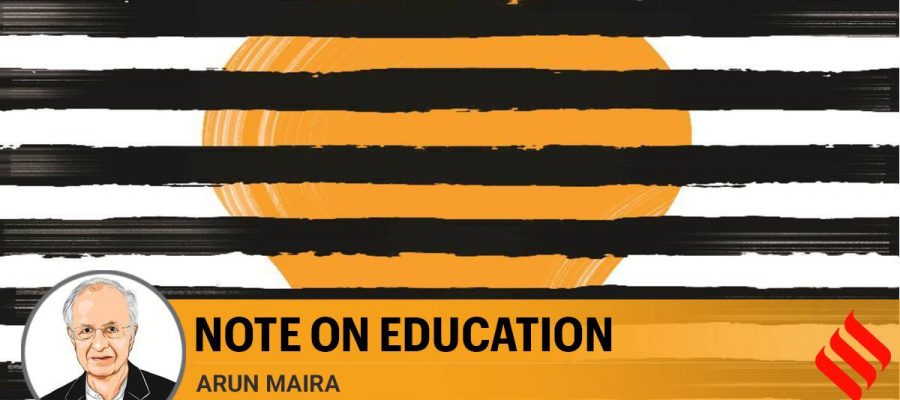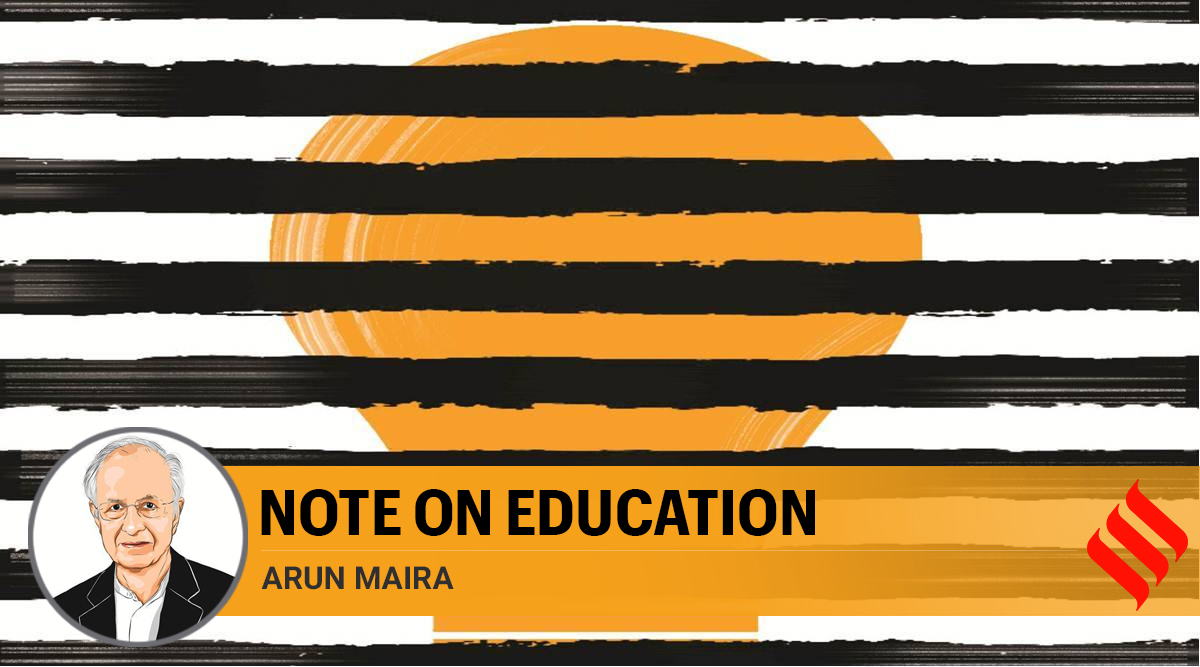Good governance and profit runs into democratic values in private educational institutions. India and the world must invent new forms of world-class institutions that can bridge this fault line.
Aspiring to become a world-class liberal arts university, Ashoka University has landed in a controversy. Beyond intrigues about whether political powers had pressured the university’s donors, directly or indirectly, to persuade an eminent public intellectual to resign from his role in the university, there are much broader, civilisational questions.
One is, what is an education in liberal arts, and why do we need more of it in the 21st century? Another is, how do we, and how should we, determine what is “world-class”? Alongside are questions about the governance of institutions, as well as clashes between principles of capitalism and democracy. These questions have become urgent to create a better world in the 21st century. They also need more attention while implementing the Indian government’s programme to create world-class educational institutions, and the National Education and National Science, Technology, and Innovation policies.
European enlightenment laid the tracks for Western scientific advances from the 17th century. Science propelled the industrialisation of European countries and gave them tools for military power. European gunboats forcibly opened up markets and resources for their industries in other countries. An epistemic colonisation accompanied the economic and political colonisation. Western ways of thinking were considered superior for human advancement. Spiritual quests in religions and philosophies, eastern as well as western, were pushed aside in favour of science.
The British scientist C P Snow noted in 1959, in The Two Cultures and the Scientific Revolution, that the intellectual life of Western society was split into two cultures — the sciences and the humanities. He said this was a major hindrance to solving the world’s problems and lamented that there was not enough science. He wrote: “The great edifice of modern physics goes up, and yet the majority of the cleverest people in the western world have about as much insight into it as their Neolithic ancestors have”.
Along with science, other ideologies also began to change the course of human progress in the latter half of the 20th century. The belief that humans are incapable of governing a collective enterprise — Hardin’s Tragedy of the Commons — infected economics. With this, “privatisation”, the conversion of public resources into private properties became an ideology too. The earth’s land, forest, and water resources were privatised to improve the productivity of their use and the speed of their exploitation. Even the ownership of knowledge was privatised, and, with the expansion of intellectual property regimes (IPR), intellectual monopolies have grown, owned mostly by private corporations in the West, even when the knowledge was created largely with public money. The inequities in the modern intellectual property regimen are becoming tragically visible in the vaccine wars of 2021. Those who own, call the shots, and those who pay, come first. The rest must wait for charity.
Science supplanted the humanities in 20th century education. Further, science was overtaken by technology. Technologists use science to produce tangible and marketable results. They are the new “wealth creators” in economies. Moreover, when wealth has become the measure of the worthiness of individuals and institutions, it is inevitable that the examples and ideas of the wealthy are considered as “world class”. Money speaks.
Business enterprises have a narrow purpose which is to create profits and wealth for their owners by using resources efficiently. This ideology was propagated by the same Chicago School that shaped the “anti-socialist” and “anti-government” policies of Margaret Thatcher and Ronald Reagan (which had broadened into the Washington Consensus by the end of the millennium). In this ideology, ethical questions about the impacts of businesses and technologies (and indeed economic growth) on society and the environment are not important. They are “externalities” that do not fit into the business and economic calculus. Questions about the purpose of human existence, and the purposes of the sciences and institutions humans create, belong to religion and philosophy which were shoved out of the education of citizens.
Designs of economic institutions have caused financial wealth to be sucked upwards faster. Thomas Piketty and others have recorded how much wealth inequalities have increased, consequently, in the last 50 years. Even during 2020, when real economies were locked down by the pandemic, stock markets soared, and the wealth of the rich increased by over $3 trillion, while over 500 million people fell into poverty.
Some of the wealth generated during these go-go years of financial capitalisation was invested in enterprises producing “public” goods such as education and health. These made even more wealth for investors. And some of it has trickled back in philanthropy. However, whenever wealth is invested, or donated, by people who have made it in the business and financial sectors, their ideas about how enterprises should be run come into their social ventures too. The principle of good governance in a capitalist enterprise is that one dollar invested gives one vote. Whereas in a democratic enterprise, everyone who is part of the enterprise has an equal vote, whether they are billionaires or paupers. This creates problems when financial donors’ concepts of value differ from democratic values.
Reforms are imperative for institutions of business and public services, even in the West from which the East has been receiving “best practices” so far. Public institutions of national and international governance also need reform to make economic growth more environmentally sustainable, and to “leave no one behind” — the UN aspiration for the 21st century. The old “world class” needs reforms. India and the world must invent new forms of world-class institutions.
All the actors involved in the Ashoka tragedy are good people with good intentions. They are playing their roles within a larger script not of their making. More dialogues are required, with open minds, within and outside educational institutions, where the clear stream of reason is not lost in the dreary desert sand of intellectual ideologies. And debates are not about “who did it”, but “why is it so”.
This column first appeared in the print edition on April 8, 2021 under the title ‘Note on education’. Maira, a former member, Planning Commission, is the author of A Billion Fireflies: Critical Conversations to Shape a New Post-pandemic World
Source: Read Full Article


